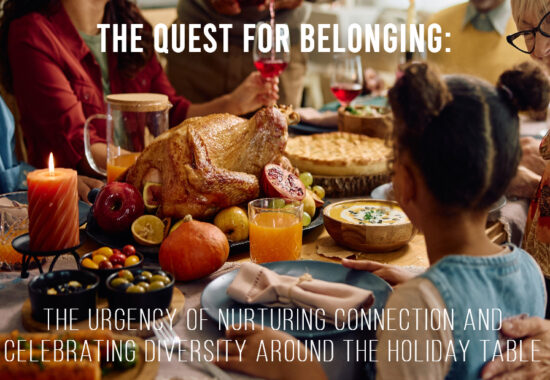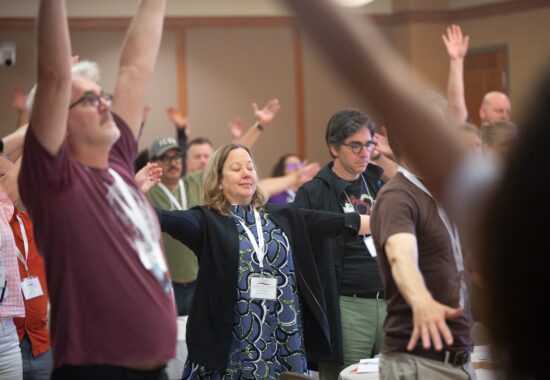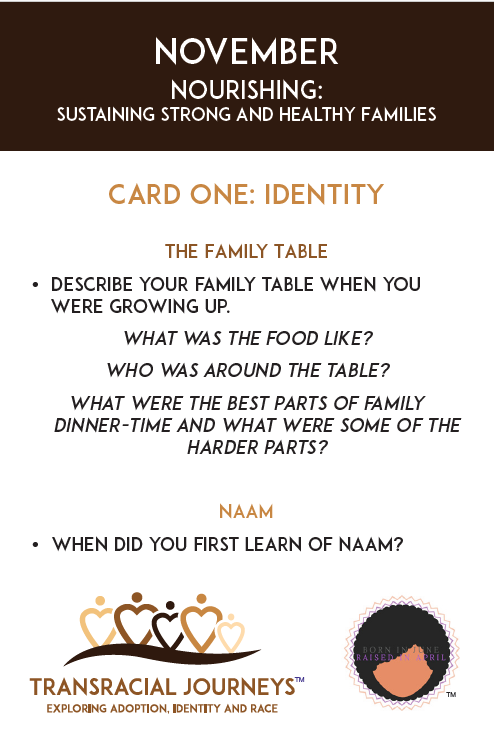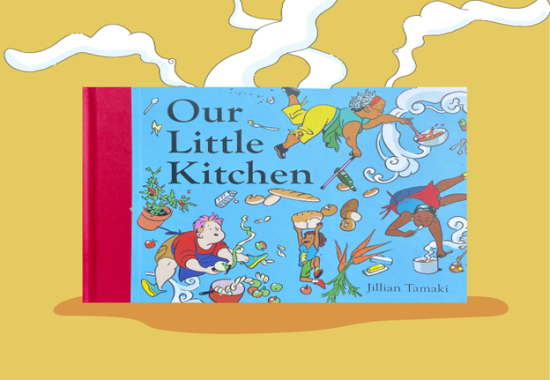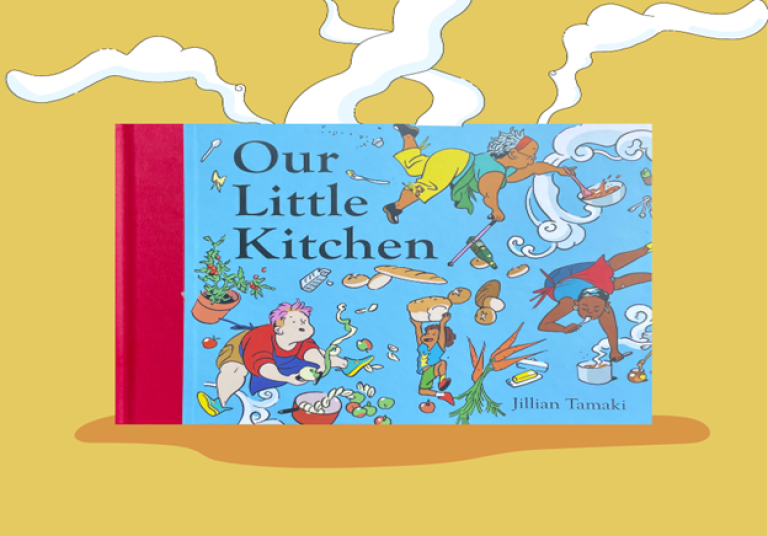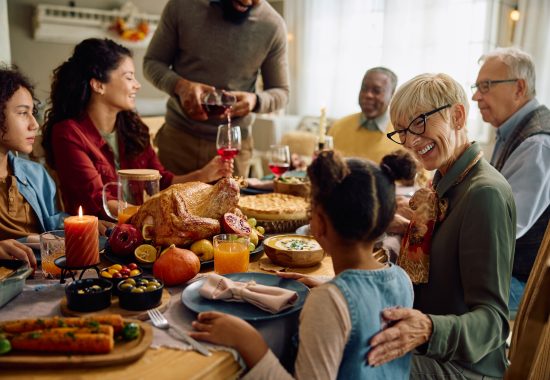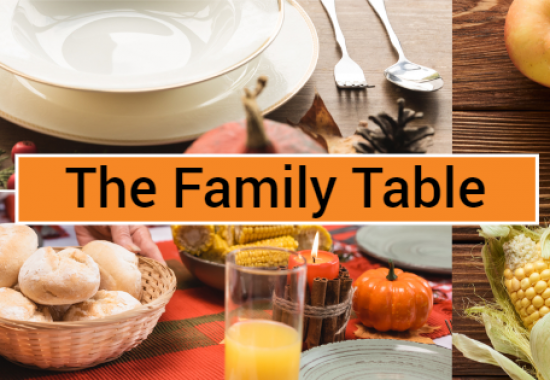The Urgency of Nurturing Connection and Celebrating Diversity Around the Holiday Table
By April Dinwoodie, TRJ Part-time Executive Director, Speaker, Trainer
As a Black/Bi-racial transracially adopted person, I am mustering up the strength and centeredness to stay present, stay focused and not let the realities of our country stop me from protecting my community. I invite you to do the same and see this as a time where we lean even harder into doing the work to protect children that are entrusted to you through adoption.
As we enter this holiday season, families formed through transracial adoption may feel the impact of the recent election in especially profound ways. For Black and Brown children growing up in families that don’t mirror them, the current political and societal climate brings to light ongoing issues of race and identity that can feel isolating, unsettling, and unsafe particularly when they don’t see their experiences reflected within their immediate family or community. It’s hard to put into words how unsettling it can be to have to be surrounded by people you know, who don’t truly see you or understand the weight of being enfolded into a family that does not look like them and where some people are simply not safe to be around.
With racialized issues and polarized perspectives on social justice front and center, I am expecting an increased sense of “otherness” for Black and Brown children in homogeneous environments. From news coverage to conversations around the holiday table, this season may bring deeper dialogues and unspoken tensions. Children may be processing complex emotions: pride in their identity, fear for their safety, questions about belonging, and the desire to feel understood. This mix of feelings is compounded by the reality that their lived experiences with race differ significantly from those of their family.
For families, leaning into warmth and connection this holiday season means acknowledging these dynamics, intentionally creating space where children can express themselves, and showing a willingness to listen and learn. Addressing the challenges of the current moment means affirming each child’s identity and experiences, especially as they navigate a world where issues of race and justice are so prominent. Creating this space can help children feel more secure and deeply understood, even in the midst of difficult realities.
As you gather for the holidays, consider how to approach these topics with openness and empathy. Allow space for your child to share their feelings about the world around them and the ways in which they feel connected or disconnected. This season can be a time to reinforce family bonds and make room for the nuances of each child’s identity and experience, helping them feel safe, valued, and at home within their family.
Tips for Navigating the Holiday Season with Intention:
- Be Thoughtful About Where You Spend the Holidays
If extended family or friends may not provide a welcoming or understanding environment, consider celebrating at home or with a smaller, trusted group. Protecting the emotional and psychological safety of your child is paramount, especially when gatherings could bring up difficult or invalidating conversations. - Create Space for Honest Conversations
Encourage your child to express any thoughts or feelings they have about current events, their identity, or adoption. Validate their emotions and show openness, letting them know it’s safe to discuss difficult topics within the family. - Plan Culturally Inclusive Activities
Incorporate traditions or activities that honor your child’s cultural heritage. From meals to music and decorations, these gestures can foster a sense of pride and belonging. - Check In with Yourself
Before and after conversations about race or identity, take time to reflect on your own feelings and seek support if needed. Approaching these discussions with a calm, centered mindset helps create a stable environment for your child. - Reassure Your Child of Their Worth and Belonging
Remind them regularly that they are loved, valued, and an integral part of the family. This reassurance helps counteract the “otherness” they may experience in broader society and reinforces the family as a soft place.
Being intentional this holiday season will help create space for celebration and navigate the complexities that we are faced with today.
Previous Posts About Inclusivity and Kindness at the Family Table:
Nourishment: Reflecting on Thanksgiving, Adoption and the Family Table
This post is from our November, 2024, newsletter. If you would like to get our newsletter in your inbox each month, as well as information about our annual Transracial Journeys Family Camp and our monthly Zoom call to provide support for our transracial adoption parents please subscribe.

